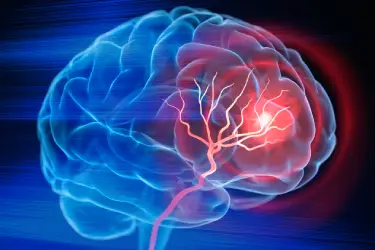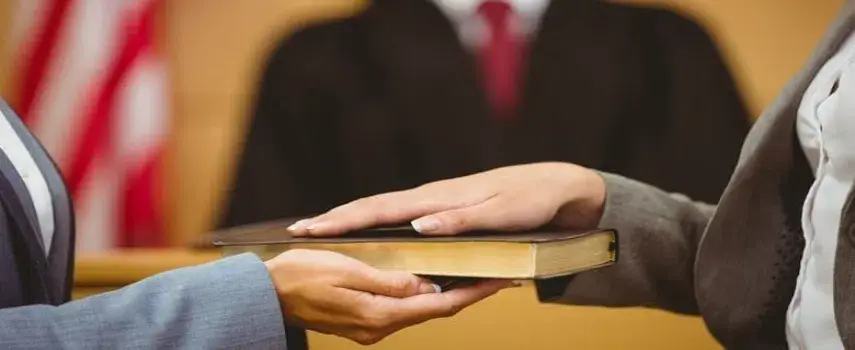In personal injury actions, expert witnesses can often make or break your case. For this reason, defendants will often challenge a plaintiff’s experts and ask the court to preclude them from testifying. The First Department recently considered a case in which the question of whether a plaintiff’s neurological expert should be permitted to testify at trial.
This plaintiff was involved in a motor vehicle accident that occurred on between a limousine driven by plaintiff and a Greyhound bus. Plaintiff claimed that during the accident his head slammed against his side window. After both drivers exited their vehicles and began an angry verbal exchange, plaintiff became faint and dizzy, started to shake, and found that he needed to sit down.
He was unresponsive, and was transported to St. Luke’s Roosevelt Hospital, where he was diagnosed with an embolic stroke, also called a cerebral vascular accident (CVA). A report from St. Luke’s Roosevelt Hospital following the accident described the results of two tests performed on plaintiff: a transesophageal echocardiogram disclosed a mobile thrombus (a large blood clot) anchored to the left subclavian artery, and a magnetic resonance angiogram reportedly disclosed atheroma (plaque) in the aortic arch.
Plaintiff designated Dr. Nabil Yazgi as his neurological expert. In plaintiff’s expert exchange, it stated that Dr. Yazgi was expected to testify that there was a “probable causal relationship” between the motor vehicle accident and the CVA. In a supplemental expert exchange, Dr. Yazgi pointed out that a medical report dated November 28, 2006, some eight weeks after the original October 4, 2006 report, stated that the thrombus and atheroma observed in the October 4, 2006 report were no longer evident.

Dr. Yazgi stated that “[t]his is physiologically unlikely which suggests the first report was possibly artifact,” although he then remarked that “[a]ssuming this clot was present on the first report, trauma could feasibly have dislodged it, or a portion of it, causing an embolic stroke.”
At trial, the defendant served motions in limine seeking to preclude all of plaintiff’s expert witnesses.
The court granted the motion as to Dr. Yazgi. The First Department held that while the trial court has broad discretion to rule on the admissibility of evidence, it should not have granted the part of defendants’ motion in limine seeking to preclude plaintiff’s neurological experts from testifying, thereby preventing plaintiff from making his case.
The First Department found that while Dr. Yazgi’s supplemental report provided grounds with which to impeach his anticipated trial testimony about where the embolus that caused the stroke had been formed, it did not absolutely invalidate Dr. Yazgi’s proposed testimony regarding the cause of plaintiff’s stroke; it merely created some doubt as to the initial source of the embolus.
The First Department did not believe that a Frye hearing was necessary. Frye hearings are used to determine whether the experts’ opinions are based on established and reliable principles. The test is particularly useful for newly minted or experimental processes or newly posited psychological theories, in order to weed out baseless and unreliable theories. There is no need for a consensus, just that those espousing the opinion have followed generally accepted scientific principles.


